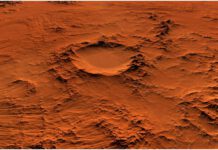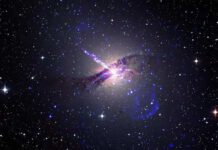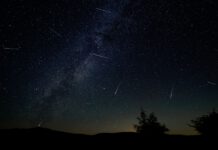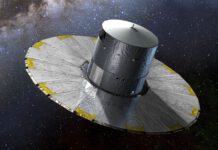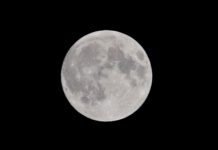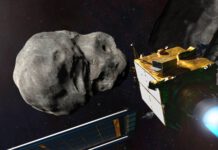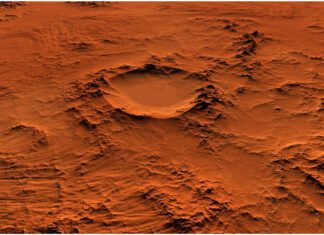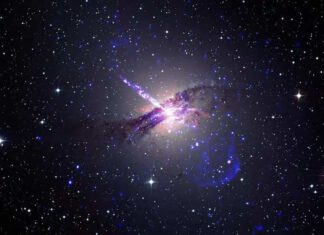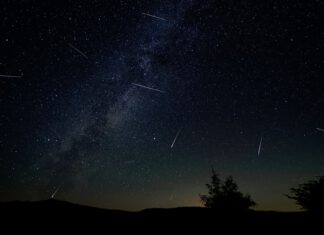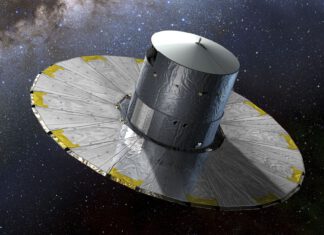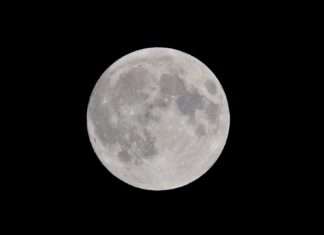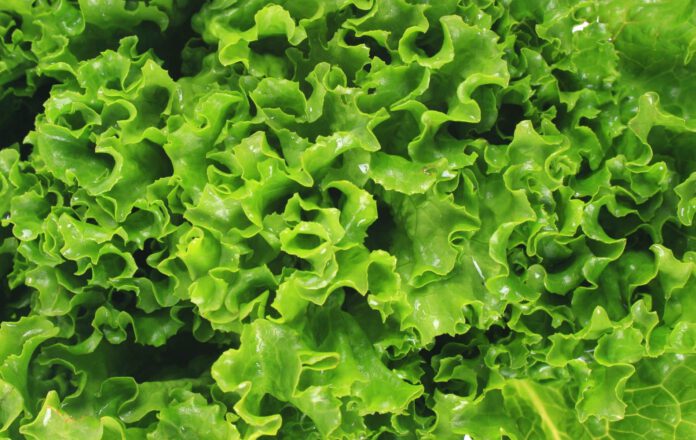
The Insidious Threat to Astronauts’ Health in the International Space Station
Several years ago, fresh lettuce made its official debut on the menu of the International Space Station (ISS). While lettuce on Earth is known for its nutritional benefits, scientists have recently discovered that salad greens behave differently in space, possibly posing a health risk for astronauts.
If you ever get to visit the ISS as an astronaut, you can expect a relatively diverse menu. Options range from tortillas to instant coffee, and recently, fresh lettuce that is grown on site in special cultivation rooms. However, this seemingly harmless addition has put the astronauts’ health at risk. Scientists have found that in the absence of gravity, lettuce reacts differently to invasive bacteria, leaving the plants’ stomata or breathing pores—which usually close in the presence of harmful bacteria like E. coli or Salmonella—permanently open. With these pores open, there is a greater chance of harmful bacteria infiltrating the astronauts’ meals, posing serious health risks. This research has recently been published in the Scientific Reports journal.
Microbes in Space
Scientist Kali Kniel, who contributed to the study, explains, “There’s always a risk of bacteria hitching a ride to places where humans are present. We have to be prepared and protect the astronauts on the ISS. To do this, we need a better understanding of how these bacteria interact with plants in space.”
The Complex Role of Beneficial Bacteria
The researchers also found that even ‘good’ bacteria can behave differently in space. As an example, they studied the bacterium B. subtilis, also known as UD1022, which is generally beneficial for plants. On Earth, UD1022 can encourage the closure of stomata via a biochemical reaction, enhancing plant health. Contrarily, in space, lettuce plants seem entirely unaffected by UD1022’s presence.
“The failure of UD1022 is both surprising and intriguing,” comments research team member, Harsh Bais. “It seems that the biochemical reaction of UD1022 overloads the lettuce plant, causing it to become desensitized. This makes it easier for harmful bacteria, like Salmonella, to infiltrate. The direct consequence of this is a decline in the food safety of fresh lettuce, potentially causing astronauts to fall seriously ill.”
Lost in Space
For the research, the scientists used a large turbine to grow various lettuce plants; the constant rotation of the turbine simulated a state of free fall. According to the research team, this method didn’t perfectly replicate the conditions in the ISS but was still sufficient to confuse the plants. “Ultimately, the plants lost their sense of orientation, being unable to normally respond to gravity,” says lead researcher, Noah Totsline.
Moving From Fiction to Fact
The results of this study highlight a new concern about the impact of gravity on plant cultivation. It illustrates how space farming could become essential in the face of rapidly diminishing arable land on Earth. “People will soon have to seriously consider alternative places to live,” explains Bais. “These discussions are no longer science fiction. You wouldn’t want future space missions to fail because astronauts are increasingly faced with food poisoning.”
The research team has been considering possible solutions to this problem. One approach might involve examining the genetic material of lettuce plants. “We might isolate a species that does close its stomata and then compare its genes with those that don’t,” suggests Bais. For space travelers in the near future, perhaps it is safer to steer clear of any fresh lettuce on the menu, at least for now.

